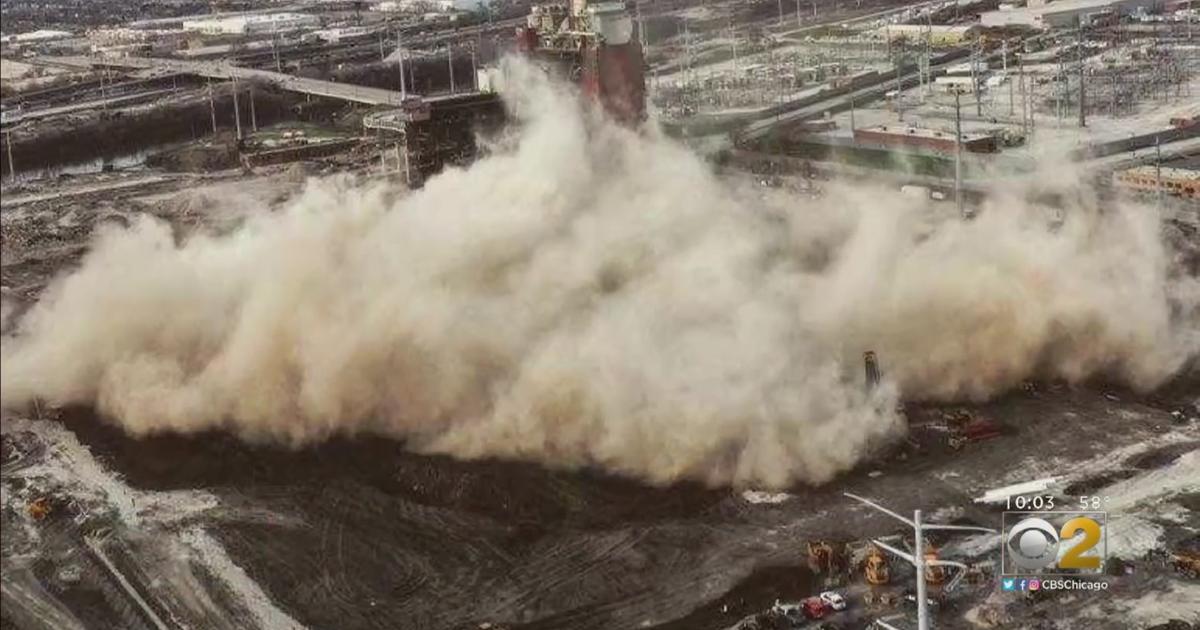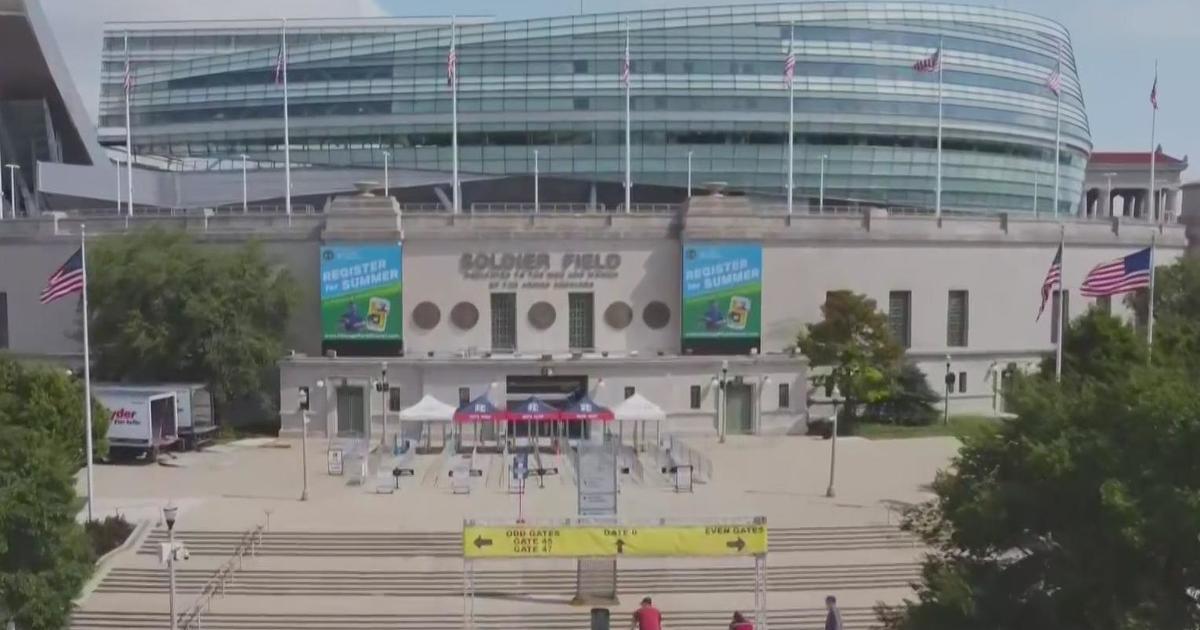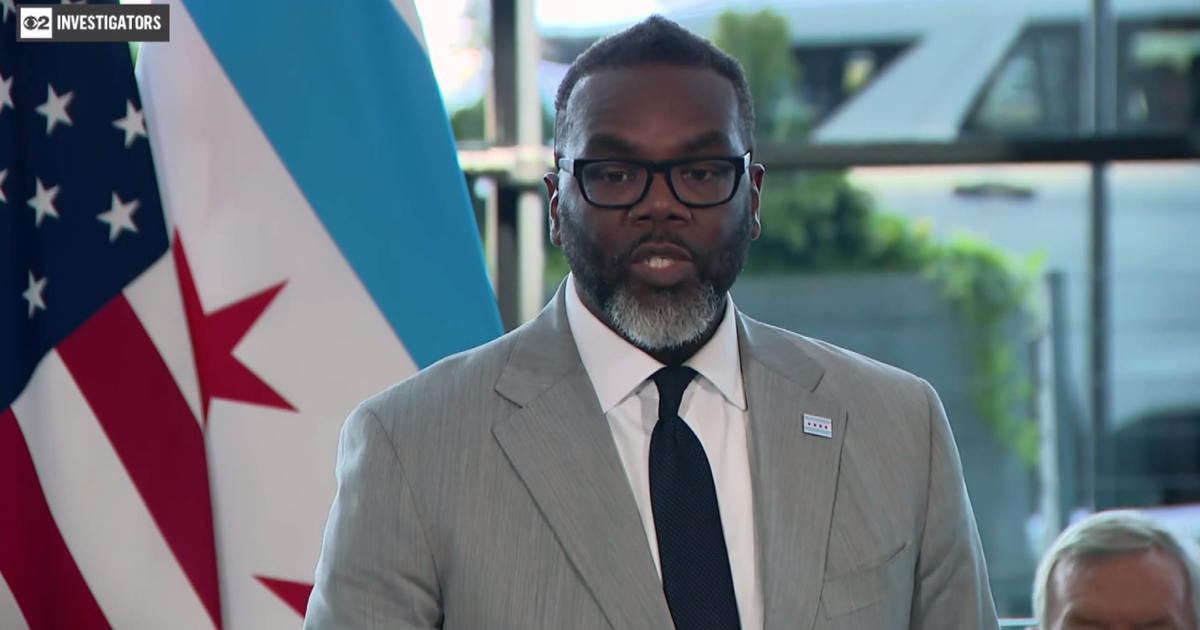City Council Approves Record $588 Million Property Tax Hike
CHICAGO (CBS) -- The City Council has approved the largest property tax hike in modern Chicago history, with the vast majority of the new revenue going to shore up police and fire pension funds.
By a 36-14 vote, aldermen signed off on a $7.8 billion budget plan for 2016, after only a few minor changes to Mayor Rahm Emanuel's original proposal. The budget includes $588 million in property tax increases over the next four years; with $543 million going to police and fire pensions, and $45 million going toward public school construction.
The budget includes a new monthly garbage collection fee, which Emanuel agreed to cap at $9.50 per household until after the 2019 election, to appease aldermen who feared the fees could go up before they come up for reelection. The fee would be charged to owners of single family homes and smaller apartment buildings of up to 4 units. Larger apartment buildings already are required to pay for private trash hauling.
The mayor said people must acknowledge the city is better when it meets its problems head-on.
Budget Committee Chair Carrie Austin (34th) kicked off the debate urging a yes vote by saying the budget plan puts the city back on a responsible path, and still paves streets and trims trees.
"We have to do the responsible thing. It's not easy for anybody to pick up this heavy lifting. It's not easy for a tax upgrade of $543 million," she said. "None of this is easy."
Podcast
Ald. Anthony Napolitano (41st), a former firefighter, was among those voting no. He said the process was incredibly stressful, and incredibly crazy.
"I probably had less pressure being stuck in a basement, not finding my way out in a fire than going through this right now," he said.
Ald. Joe Moore (49th) said aldermen had no choice but to approve a "very politically challenging budget."
"The property tax is the worst form of raising revenue, except for all the other options that we in the city have available to us," he said.
But Ald. Jason Ervin (28th) said he had no choice but to vote against the plan.
"I will not send my folks off a cliff," he said.
Ervin noted the property tax hike and other fees would not eliminate the city's structural deficit, and said the new garbage collection fees would hurt poor residents the most.
The property tax hike and garbage collection fee were not the only troubling issues for aldermen.
As part of the budget, Emanuel agreed to do away with a plan to privatize the city's 311 non-emergency call center. Many aldermen feared that replacing the 73 call takers who are familiar with the city with employees who aren't from Chicago would lead to botched city services, and aldermen taking the blame.
The budget also opens the door for ride-sharing services like Uber and Lyft to begin picking up customers at the city's airports, Navy Pier, and McCormick Place, over the objections of the taxi industry, which has long complained it faces more strict regulation than ride-share competitors.
While some aldermen wanted ride-sharing drivers to have to obtain chauffeur licenses in exchange for doing business at O'Hare and Midway, the mayor agreed to charge them a higher per-ride fee, which will go up to 52 cents from the current 30 cents.
Taxi drivers also would get a long-sought fare increase, and some of the money raised by the ride-sharing fees would be used to help cab drivers pay for their chauffeur licenses.
The revenue package also includes higher fees for business owners who fail to clear snow and ice from the sidewalks outside their buildings, increased fines for drivers who don't have insurance, and higher booting fees.



